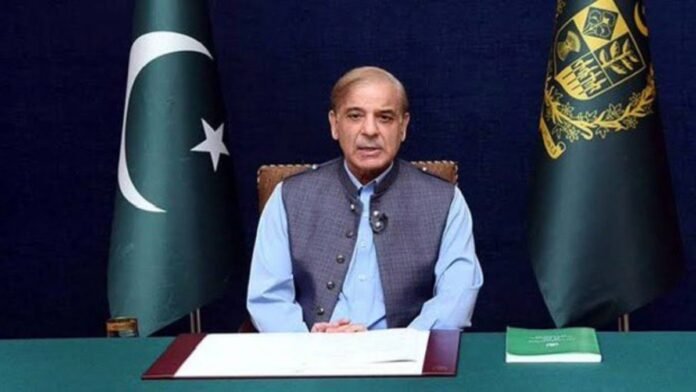
Key Points:
- India’s Operation Sindoor targeted nine terror camps in Pakistan and PoK, killing over 70 terrorists and wounding dozens.
- Pakistani media claims India conducted a fresh drone strike in Gujranwala, with debris recovered and no civilian casualties reported.
- Pakistan’s leadership, including PM Shahbaz Sharif and Defence Minister Khawaja Asif, condemned India’s actions as an “act of war” and issued threats of retaliation, including nuclear warnings.
- Pakistan claims to have shot down five Indian fighter jets, including Rafales, but has provided no verifiable evidence.
- Former Foreign Minister Bilawal Bhutto called for restraint but insisted Pakistan reserves the right to respond.
New Delhi: Tensions between India and Pakistan have reached their highest point in decades following India’s Operation Sindoor, which saw precision missile strikes on nine terror camps in Pakistan and Pakistan-occupied Kashmir (PoK) in retaliation for the deadly Pahalgam attack. Indian strikes, conducted around 1:05 am on May 7, targeted major terror infrastructure in Bahawalpur, Muridke, and other locations, reportedly killing over 70 terrorists and wounding more than 60 others.
Pakistani Media Reports Fresh Drone Incident
Amid the escalating crisis, Pakistani media claimed on Thursday that India conducted another drone attack in the Gujranwala region of Punjab. According to sources, the drone was intercepted and shot down by Pakistan’s air defense system near Gujranwala Cantonment, with debris recovered in the fields of Dinga village. No civilian casualties or damage to infrastructure were reported, and authorities are investigating the drone’s origin and intent.
Islamabad’s Reaction: Retaliation and Nuclear Rhetoric
Pakistan’s leadership has responded with strong rhetoric. Prime Minister Shahbaz Sharif labeled India’s missile strikes as a “blatant act of war” and vowed to retaliate at a time and place of Pakistan’s choosing. In a speech to Parliament, Sharif denied any Pakistani involvement in the Pahalgam attack and claimed that Pakistan had shot down five Indian fighter jets, including three Rafales-though no independent evidence has been presented to substantiate these claims. Defence Minister Khawaja Asif escalated the rhetoric further, warning that any escalation could lead to nuclear conflict, stating, “If our existence is threatened, either we live, or no one does”.
Political and Military Posturing
Former Foreign Minister Bilawal Bhutto condemned India’s actions as “cowardly” and insisted that Pakistan reserves the right to respond under the UN Charter. While Bhutto has at times called for peace, he maintained that Pakistan would not hesitate to defend itself if attacked.
Ground Reality: Cross-Border Shelling and Civilian Impact
The situation on the ground remains volatile, with heavy cross-border shelling reported in Kashmir. Civilian homes have been destroyed on both sides of the Line of Control, and residents have been forced to seek shelter as artillery exchanges continue. Both countries have reported casualties among civilians and military personnel, but independent verification of many claims remains difficult due to the fog of war.
Operation Sindoor has triggered a sharp escalation in India-Pakistan tensions. As both sides exchange accusations and threats, including claims of downed aircraft and drones, the risk of further military confrontation remains high. Pakistan’s leadership has issued strong warnings, including the possibility of nuclear escalation, while also calling for international attention and restraint. The situation remains fluid, with both nations on high alert and the world watching closely for any further developments.

















































